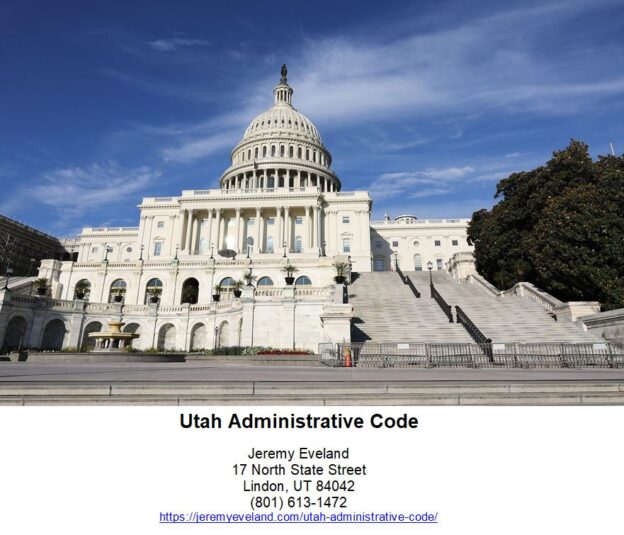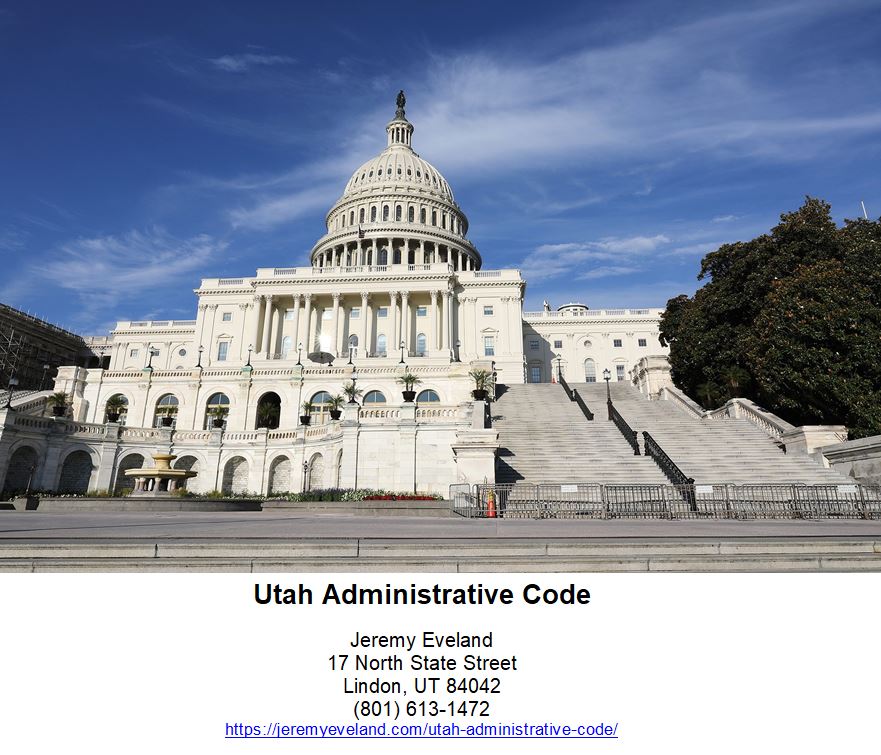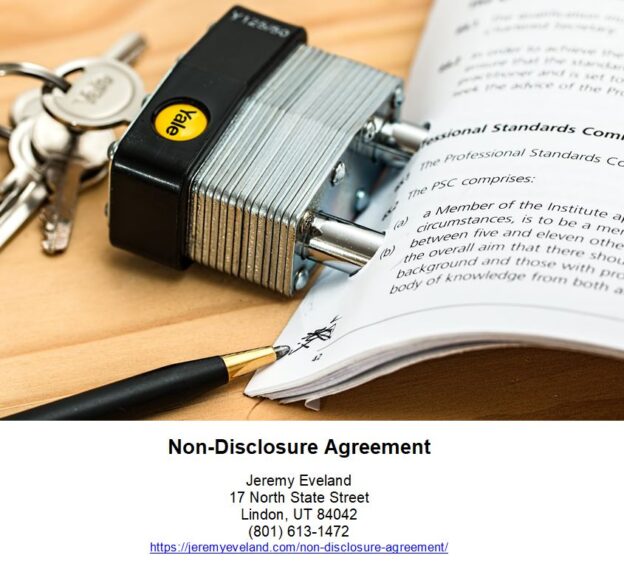Restoration Company Lawyer
Are you ready to navigate the complex legal landscape of running a restoration company? Look no further than the expertise of a restoration company lawyer. From starting your business to handling insurance claims and negotiating contractual agreements, they are your go-to guide. With their help, you can tackle employment law matters, ensure compliance with environmental regulations, and resolve any disputes that may arise. Don't risk it all on your own – let a restoration company lawyer be your legal champion.
Key Takeaways
- Restoration company lawyers provide legal counsel and guidance to restoration companies, ensuring compliance with laws and regulations.
- They possess a deep understanding of the restoration industry and can navigate complex insurance claims and negotiate settlements.
- Restoration company lawyers assist in understanding obligations, provide guidance on legal requirements, and defend the business reputation.
- They help with legal considerations such as choosing the right legal structure, obtaining necessary licenses and permits, and creating comprehensive contracts to protect the company's interests.
The Role of a Restoration Company Lawyer
As a restoration company lawyer, your role is to provide legal counsel and guidance to the company in matters related to insurance claims and property restoration. You are responsible for ensuring that the company complies with all applicable laws and regulations throughout the restoration process. One of your key responsibilities is representing the company in court, should any legal disputes arise.
In order to effectively serve as a restoration company lawyer, you must possess a deep understanding of the restoration industry. This includes knowledge of insurance policies and procedures, as well as an understanding of building codes and regulations. Your expertise will be crucial in navigating through complex insurance claims and negotiating settlements on behalf of the company.
Additionally, you will play a vital role in reviewing contracts between the restoration company and its clients or subcontractors. It is important that these agreements are properly drafted and legally binding to protect both parties involved.
Transition: Understanding the role of a restoration company lawyer is essential for anyone considering starting their own business in this industry. However, before embarking on this journey, there are several legal considerations that need to be taken into account."
Legal Considerations for Starting a Restoration Company
Starting a restoration business requires careful attention to legal considerations. When setting up your company, it's important to consult with a restoration company lawyer who specializes in the unique legal issues faced by this industry. Here are some key legal considerations to keep in mind:
- Formation: Your lawyer can guide you through the process of choosing the right legal structure for your business, whether it's a sole proprietorship, partnership, or limited liability company.
- Licensing and permits: Depending on your location and the type of restoration work you plan to undertake, there may be specific licenses and permits required. An attorney can help you navigate these regulatory requirements.
- Contracts: As a restoration company, you'll enter into contracts with clients, subcontractors, and suppliers. A lawyer can ensure that these contracts protect your interests and comply with applicable laws.
- Insurance coverage: It's essential to have appropriate insurance coverage for your restoration business. An attorney can review policies and advise on any additional coverage needed.
By addressing these legal considerations from the start, you can lay a solid foundation for your restoration company's success while minimizing potential risks.
Transitioning into the subsequent section about common legal issues faced by restoration companies…
Common Legal Issues Faced by Restoration Companies
When setting up your restoration business, it's crucial to be aware of the common legal issues that many companies in this industry face. As a restoration company lawyer can tell you, one common issue is the dissolution of a company. Sometimes, due to financial struggles or other reasons, restoration companies may need to dissolve their business. In such cases, it is important to follow the proper procedures set by the registrar of companies.
Another legal issue that restoration companies often encounter is dealing with insurance claims. It can be challenging to navigate through the complex process of filing and negotiating insurance claims for restoration projects. However, with the help of a knowledgeable lawyer specializing in this area, you can ensure that your rights are protected and receive fair compensation for your work.
A lawyer can assist you in understanding the intricacies of insurance policies and interpreting any ambiguous language that might affect your claim. They can also negotiate with insurance companies on your behalf and advocate for maximum compensation. Furthermore, if an insurance claim dispute arises, a skilled attorney can represent you in court and fight for your rights.
How a Lawyer Can Help With Insurance Claims for Restoration Companies
With the assistance of a skilled attorney, you can navigate the complexities of insurance claims for your restoration projects and ensure that you receive fair compensation. A restoration company lawyer can provide invaluable help in dealing with insurance claims. Here are three ways they can assist you:
-
Knowledge and expertise: A lawyer specializing in insurance claims for restoration companies understands the intricacies of insurance policies and regulations. They can guide you through the process, ensuring that you meet all requirements and deadlines.
-
Maximizing compensation: Insurance companies often try to minimize payouts or deny valid claims altogether. A lawyer will fight on your behalf to maximize your compensation, using their negotiation skills and legal expertise.
-
Legal representation: If an insurance claim dispute escalates to litigation, having a lawyer by your side is crucial. They will represent your interests in court, presenting evidence, arguing your case, and advocating for fair compensation.
By working with a restoration company lawyer during the insurance claim process, you can have peace of mind knowing that someone knowledgeable is handling every aspect of your claim's negotiation or litigation process.
Transition into subsequent section about contractual agreements and negotiations for restoration companies: Alongside insurance claims, it is essential for restoration companies to have solid contractual agreements and effective negotiation strategies in place…
Contractual Agreements and Negotiations for Restoration Companies
Having solid contractual agreements and effective negotiation strategies in place is essential for restoration companies to ensure fair compensation and successful project outcomes. As a restoration company, it is crucial to work with a skilled restoration company lawyer who can assist you in navigating the complexities of contractual agreements and negotiations.
Table: The Importance of Contractual Agreements and Negotiations for Restoration Companies
| Benefits of Contractual Agreements | Benefits of Effective Negotiations |
|---|---|
| Protection against legal disputes | Maximizing financial compensation |
| Clearly defined scope of work | Building strong relationships |
| Allocation of responsibilities | Resolving conflicts efficiently |
Contractual agreements lay the foundation for a successful working relationship between restoration companies and their clients. They provide protection by clearly outlining the terms, expectations, and responsibilities for both parties involved. A well-drafted agreement can help prevent misunderstandings or disputes that may arise during the course of a project.
Effective negotiations are equally important in achieving favorable outcomes. Skilled negotiation strategies allow restoration companies to maximize their financial compensation while maintaining positive relationships with clients. By understanding the needs and interests of all parties involved, a restoration company lawyer can guide you through negotiations, ensuring that your rights are protected throughout the process.
Employment Law Matters for Restoration Companies
Employment law plays a significant role in ensuring compliance and protecting the rights of both employees and employers in restoration companies. When it comes to employment law matters, having a restoration company lawyer by your side can be crucial. Here are some key points to consider:
-
Understanding legal obligations: A restoration company lawyer can help you navigate through complex employment laws and ensure that your business is compliant with all relevant regulations.
-
Drafting employment contracts: Lawyers specializing in employment law can assist in drafting comprehensive and legally sound employment contracts that protect both parties' interests.
-
Handling disputes: In case of any disputes or conflicts between employees and employers, a restoration company lawyer can provide expert guidance on resolving these issues effectively.
-
Representing your interests: If an employee files a complaint or lawsuit against your restoration company, having a lawyer who understands the intricacies of employment law is essential for defending your business's reputation and interests.
-
Compliance with regulatory bodies: Restoration companies must adhere to the guidelines set by regulatory bodies such as the Solicitors Regulation Authority. A skilled lawyer will ensure that you are filing necessary documents correctly and staying within compliance boundaries.
Understanding how employment law matters affect restoration companies is crucial for maintaining a harmonious work environment while also safeguarding the rights of all stakeholders involved. Now let's transition into discussing environmental regulations and compliance for restoration companies.
Environmental Regulations and Compliance for Restoration Companies
To ensure compliance with environmental regulations, you need to implement effective strategies and prioritize sustainability in your restoration business. As a restoration company, you play a crucial role in addressing water damage, mold, and other consequences of natural disasters. By adhering to environmental regulations, you not only protect the environment but also maintain your reputation as a responsible and trustworthy service provider.
Environmental regulations are put in place to safeguard ecosystems and public health. They govern various aspects of restoration work, including waste disposal, pollutant release, and emissions control. By understanding these regulations and incorporating them into your operations, you can prevent potential legal issues and penalties.
When dealing with water damage or mold remediation projects, it is important to follow proper protocols for containment and removal. This includes using eco-friendly products whenever possible and disposing of hazardous materials appropriately.
Prioritizing sustainability in your restoration business means adopting practices that minimize negative impacts on the environment. This can include reducing energy consumption by using energy-efficient equipment or implementing recycling programs for construction waste.
By ensuring compliance with environmental regulations and prioritizing sustainability in your restoration business, you not only fulfill legal obligations but also contribute to protecting our planet for future generations.
Moving forward into the next section about 'litigation and dispute resolution for restoration companies,' it is important to be prepared for any potential legal challenges that may arise during the course of your operations.
Litigation and Dispute Resolution for Restoration Companies
When dealing with litigation or disputes in your restoration business, it's crucial to seek legal advice to protect your interests and resolve conflicts effectively. Hiring a lawyer who specializes in restoration companies can provide you with the necessary expertise and guidance throughout the process. Here are three reasons why having a restoration company lawyer is essential:
-
Expertise in Restoration Laws: A lawyer familiar with the restoration industry will have a deep understanding of the relevant laws and regulations that govern your business. They can help you navigate through complex legal issues and ensure compliance with all necessary requirements.
-
Effective Dispute Resolution: Litigation can be time-consuming and expensive for any business, including restoration companies. A skilled lawyer can explore alternative dispute resolution methods such as negotiation, mediation, or arbitration to avoid lengthy court battles whenever possible.
-
Protecting Your Interests: When facing litigation or disputes, it's vital to have someone who will advocate for your rights and protect your interests. A restoration company lawyer will work diligently to secure favorable outcomes for your business, whether it involves defending against claims or pursuing compensation for damages.
Frequently Asked Questions
Can a Restoration Company Lawyer Help With Obtaining Necessary Permits and Licenses for Starting a Restoration Business?
Yes, a restoration company lawyer can help you obtain the necessary permits and licenses for starting your business. They have the expertise to navigate the legal requirements and ensure compliance.
What Are the Potential Liabilities and Risks Associated With Running a Restoration Company, and How Can a Lawyer Help Mitigate Them?
Running a restoration company comes with potential liabilities and risks. A lawyer can help mitigate them by providing legal guidance, ensuring compliance with regulations, drafting contracts, and representing your interests in case of disputes or lawsuits.
Are There Any Specific Legal Requirements for Handling Hazardous Materials or Substances in the Restoration Industry, and How Can a Lawyer Ensure Compliance?
Are you wondering about the legal requirements for handling hazardous materials in the restoration industry? A lawyer can ensure compliance by advising on regulations, creating protocols, and providing training to keep your company safe and in line with the law.
Can a Restoration Company Lawyer Assist in Drafting and Negotiating Contracts With Vendors, Suppliers, and Subcontractors?
Yes, a restoration company lawyer can assist you in drafting and negotiating contracts with vendors, suppliers, and subcontractors. They have the expertise to ensure that the agreements are legally sound and protect your interests.
How Can a Lawyer Help in Resolving Disputes or Conflicts That May Arise Between a Restoration Company and Its Clients, Subcontractors, or Employees?
A lawyer can help resolve disputes or conflicts between a restoration company and clients, subcontractors, or employees. They provide legal advice, negotiate settlements, and represent your interests in court if necessary.
Areas We Serve
We serve individuals and businesses in the following locations:
Salt Lake City Utah
West Valley City Utah
Provo Utah
West Jordan Utah
Orem Utah
Sandy Utah
Ogden Utah
St. George Utah
Layton Utah
South Jordan Utah
Lehi Utah
Millcreek Utah
Taylorsville Utah
Logan Utah
Murray Utah
Draper Utah
Bountiful Utah
Riverton Utah
Herriman Utah
Spanish Fork Utah
Roy Utah
Pleasant Grove Utah
Kearns Utah
Tooele Utah
Cottonwood Heights Utah
Midvale Utah
Springville Utah
Eagle Mountain Utah
Cedar City Utah
Kaysville Utah
Clearfield Utah
Holladay Utah
American Fork Utah
Syracuse Utah
Saratoga Springs Utah
Magna Utah
Washington Utah
South Salt Lake Utah
Farmington Utah
Clinton Utah
North Salt Lake Utah
Payson Utah
North Ogden Utah
Brigham City Utah
Highland Utah
Centerville Utah
Hurricane Utah
South Ogden Utah
Heber Utah
West Haven Utah
Bluffdale Utah
Santaquin Utah
Smithfield Utah
Woods Cross Utah
Grantsville Utah
Lindon Utah
North Logan Utah
West Point Utah
Vernal Utah
Alpine Utah
Cedar Hills Utah
Pleasant View Utah
Mapleton Utah
Stansbury Par Utah
Washington Terrace Utah
Riverdale Utah
Hooper Utah
Tremonton Utah
Ivins Utah
Park City Utah
Price Utah
Hyrum Utah
Summit Park Utah
Salem Utah
Richfield Utah
Santa Clara Utah
Providence Utah
South Weber Utah
Vineyard Utah
Ephraim Utah
Roosevelt Utah
Farr West Utah
Plain City Utah
Nibley Utah
Enoch Utah
Harrisville Utah
Snyderville Utah
Fruit Heights Utah
Nephi Utah
White City Utah
West Bountiful Utah
Sunset Utah
Moab Utah
Midway Utah
Perry Utah
Kanab Utah
Hyde Park Utah
Silver Summit Utah
La Verkin Utah
Morgan Utah
Restoration Business Attorney Consultation
When you need help from a Business Attorney that represents restoration companies, call Jeremy D. Eveland, MBA, JD (801) 613-1472 for a consultation.
Jeremy Eveland
17 North State Street
Lindon UT 84042
(801) 613-1472
Related Posts
Business Lawyer South Salt Lake Utah
Legal Requirements for Utah Technology Startups
Business Lawyer Farmington Utah
Due Diligence For Buying A Utah Business
Understanding Utah’s Labor Laws
Business Lawyer North Salt Lake Utah
Product Liability Laws in Utah
Preventing Cybersecurity Breaches
Business Lawyer North Ogden Utah
Business Lawyer Brigham City Utah
Mastering Business Law: Key Essentials For Success
Business Lawyer Centerville Utah
Shareholder Agreements in Utah
Business Lawyer Hurricane Utah
Business Lawyer South Ogden Utah
Last Will and Testament Lawyer
Business Lawyer Heber City Utah
Business Lawyer Hurricane Utah
Business Lawyer West Haven Utah
Do I Need A License To Start A Business?
Business Lawyer Bluffdale Utah
Business Lawyer Santaquin Utah
Legal Implications of Cryptocurrency in Business Transactions



















